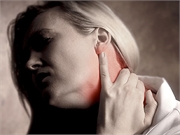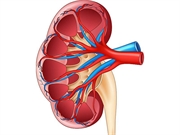
One of the simplest ways to maintain healthy vision is to protect your eyes from injury, says the American Academy of Ophthalmology. About 90 percent of eye injuries involve lack of protective eyewear. Whether you’re maintaining equipment or playing sports, wearing appropriate protective eyewear is very important, the doctor’s group says. Source: HealthDay



























